Understanding the Chinese Yuan: A Comprehensive Guide to China's Official Currency
Table of Contents
- Renminbi / Yuan - Exchange Rates
- Chinese Yuan or Renminbi in a Roll As Background. Stock Image - Image ...
- Chinese yuan renminbi stock photo. Image of credit, economy - 62147218
- The renminbi is only called "renminbi" in China, but it changes when ...
- Chinese currency, Yuan Renminbi Stock Photo - Alamy
- Renminbi to remain stable, regulator says - Chinadaily.com.cn
- A brief history of the yuan renminbi (RMB)-金石堂
- China’s yuan takes first big swing in wider band
- China Yuan Currency 11195885 PNG
- China’s Renminbi Weakens Past a Psychological Barrier Against the ...
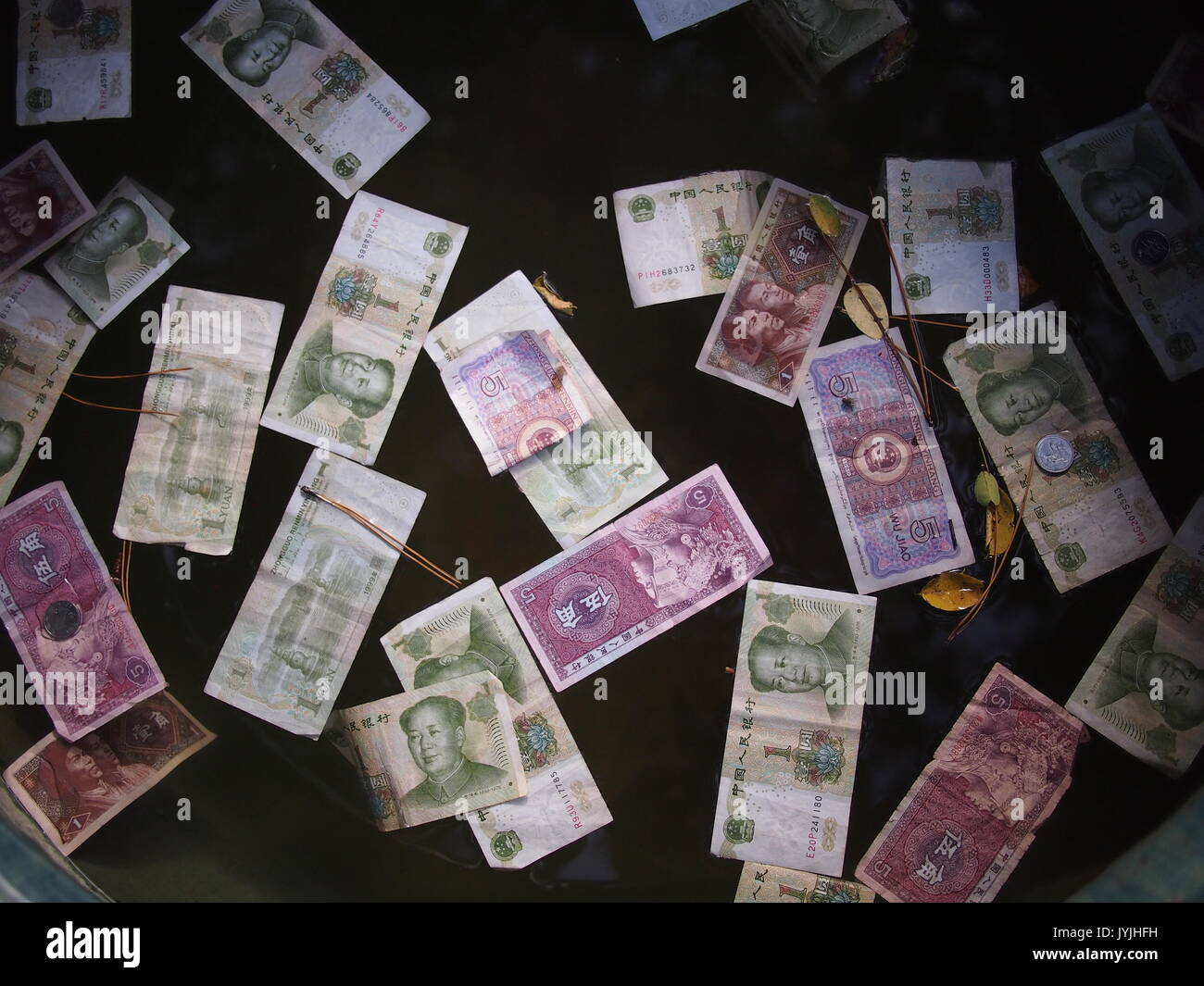
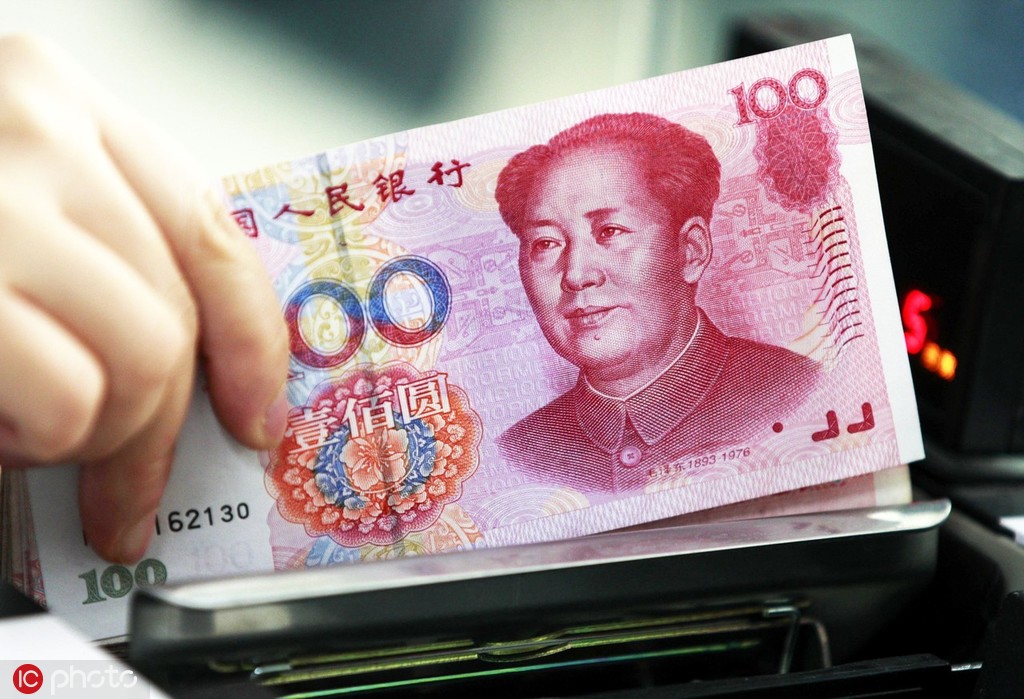

History of the Yuan
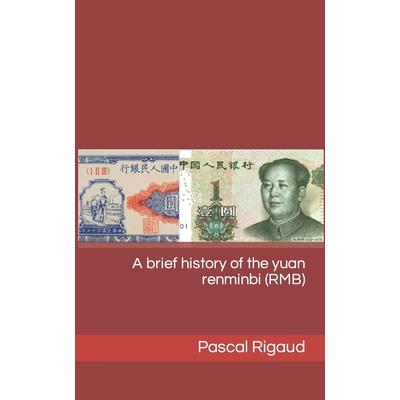
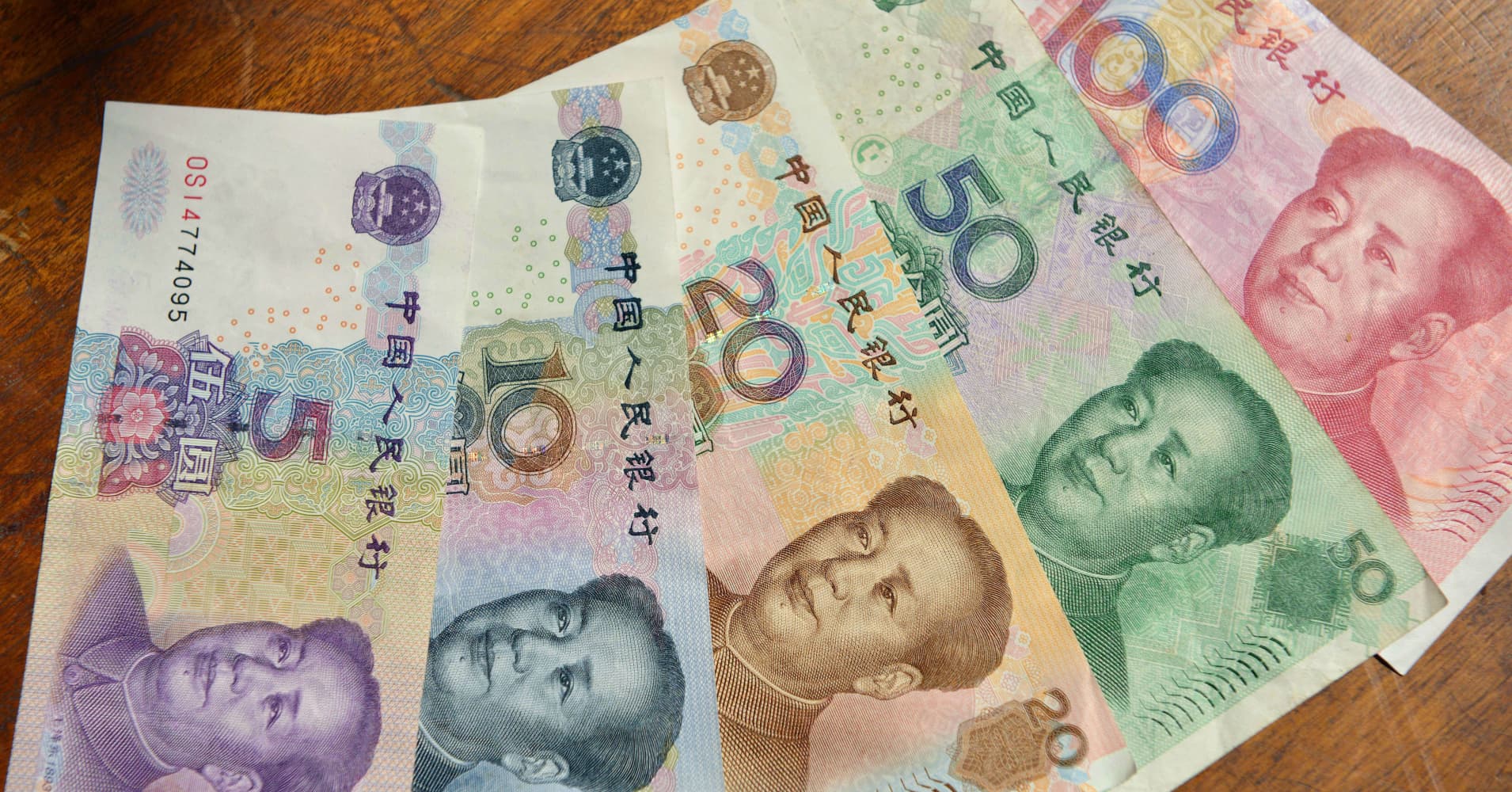
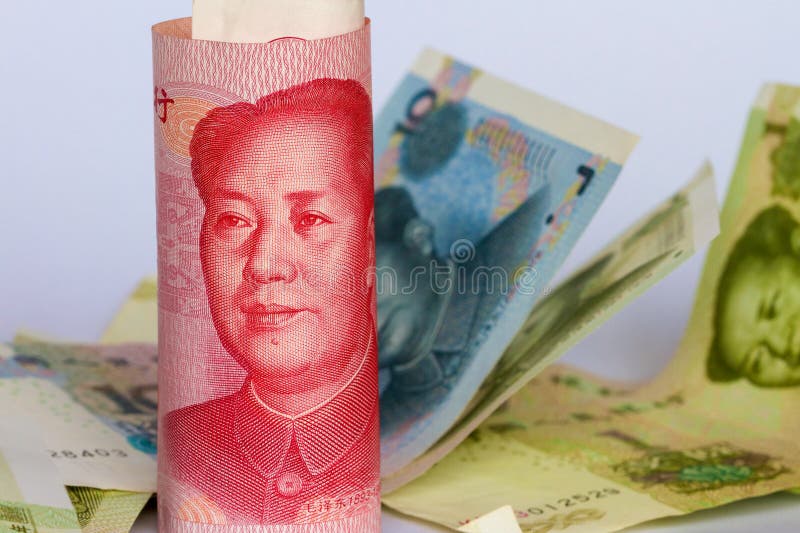
Characteristics of the Yuan
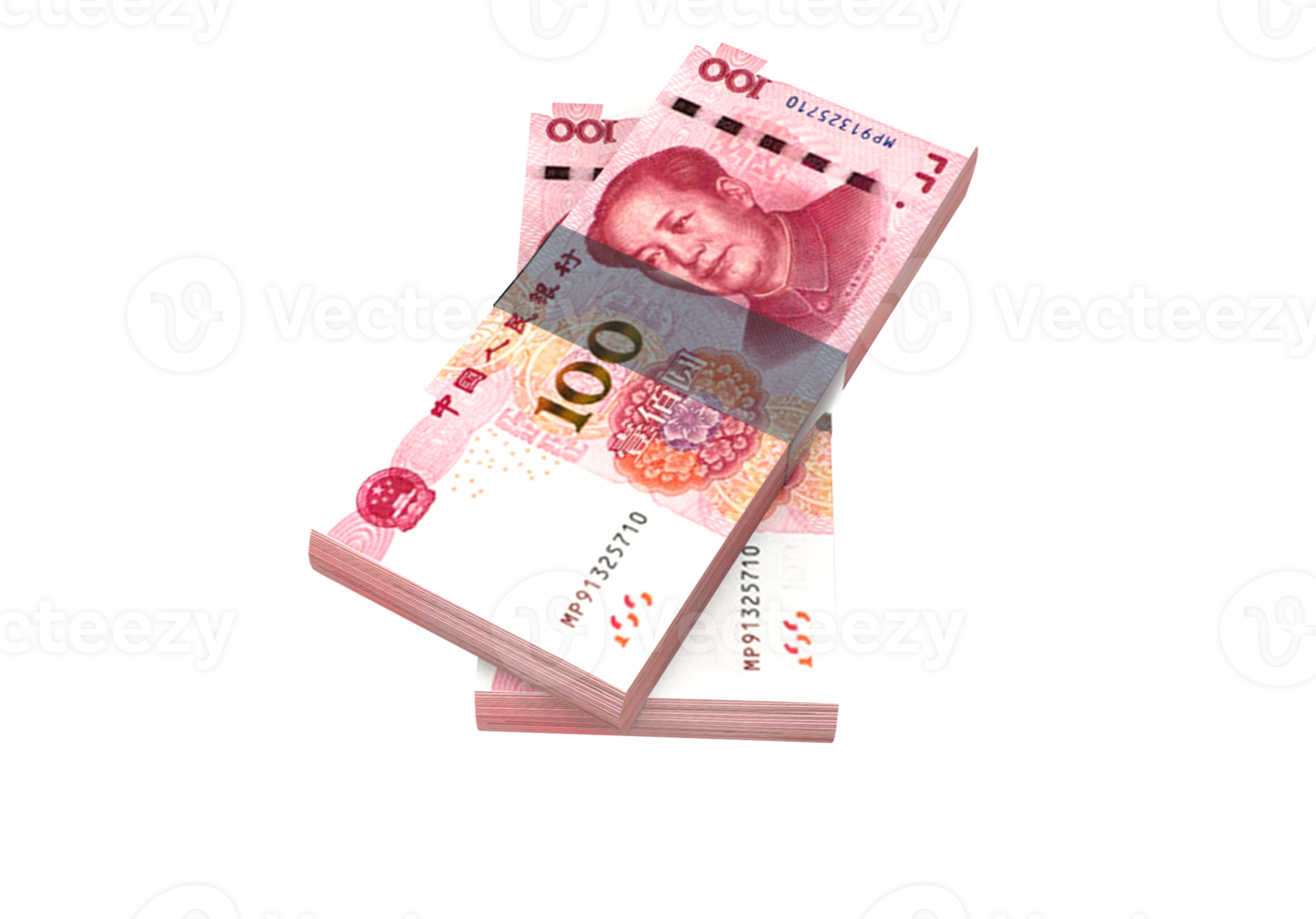

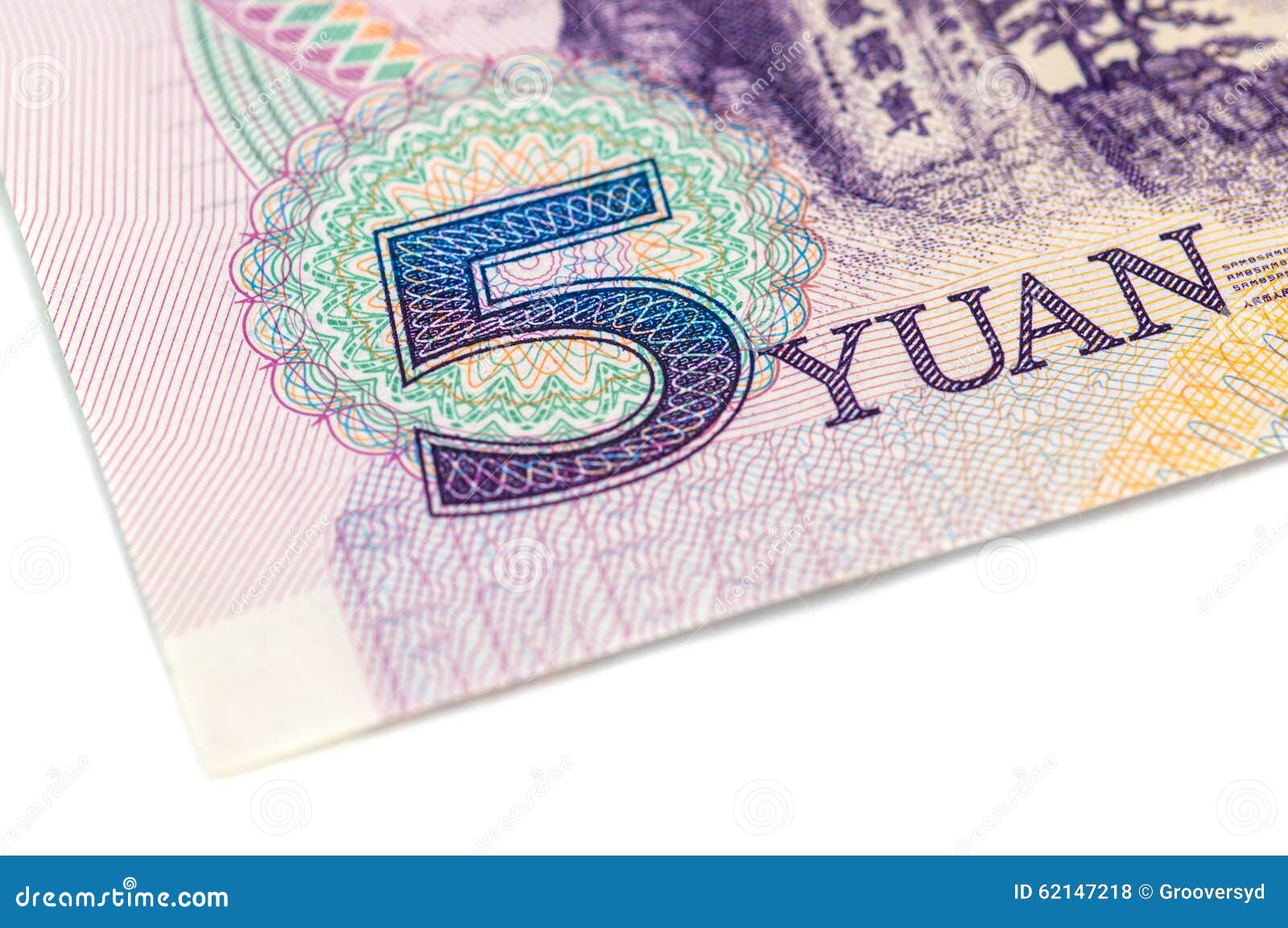
Uses of the Yuan
The yuan is used in various ways, including: Domestic transactions: The yuan is the official currency of China and is used for all domestic transactions, including buying and selling goods and services. International trade: The yuan is used in international trade, particularly in trade with China's major trading partners, such as the United States, the European Union, and Japan. Investment: The yuan is also used as an investment currency, with many investors buying yuan-denominated assets, such as bonds and stocks.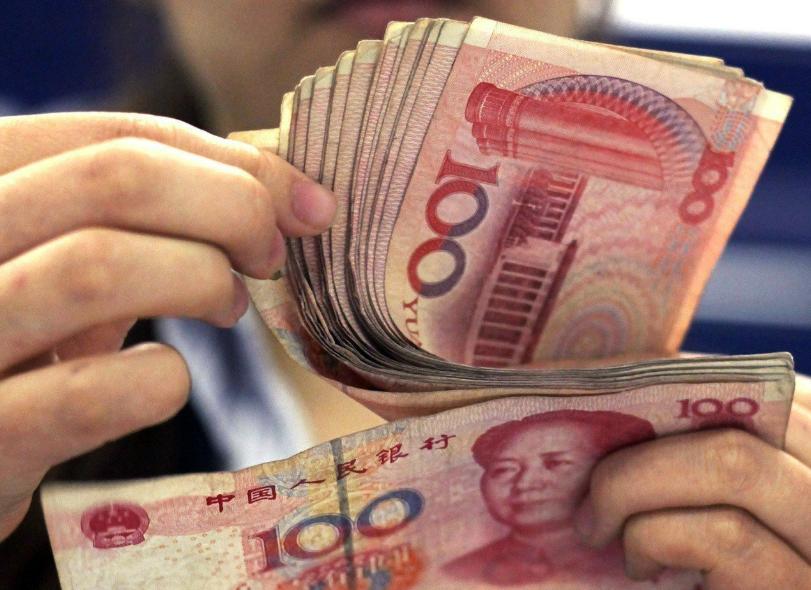
Impact on the Global Economy
The yuan has a significant impact on the global economy, particularly in the following ways: Trade: The yuan's value affects China's trade balance, which in turn affects the global trade balance. Investment: The yuan's value also affects investment decisions, as investors seek to take advantage of the currency's fluctuations. Global currency markets: The yuan's value affects the value of other currencies, particularly those that are pegged to the US dollar. In conclusion, the Chinese yuan is a significant currency that plays a crucial role in international trade and finance. Understanding the yuan's history, characteristics, and uses is essential for businesses, investors, and individuals who engage in international trade and investment. As China continues to grow and integrate into the global economy, the yuan is likely to play an increasingly important role in shaping the global economic landscape.For more information about the yuan, visit Yuan (currency) - Wikipedia. The yuan's impact on the global economy is significant, and its value affects trade, investment, and global currency markets. As the world's second-largest economy, China's currency is an essential part of the global financial system.
Whether you're a business owner, investor, or simply interested in international finance, understanding the yuan is crucial for navigating the complex world of global trade and finance. With its rich history, unique characteristics, and significant impact on the global economy, the yuan is a fascinating topic that continues to shape the world of international finance.